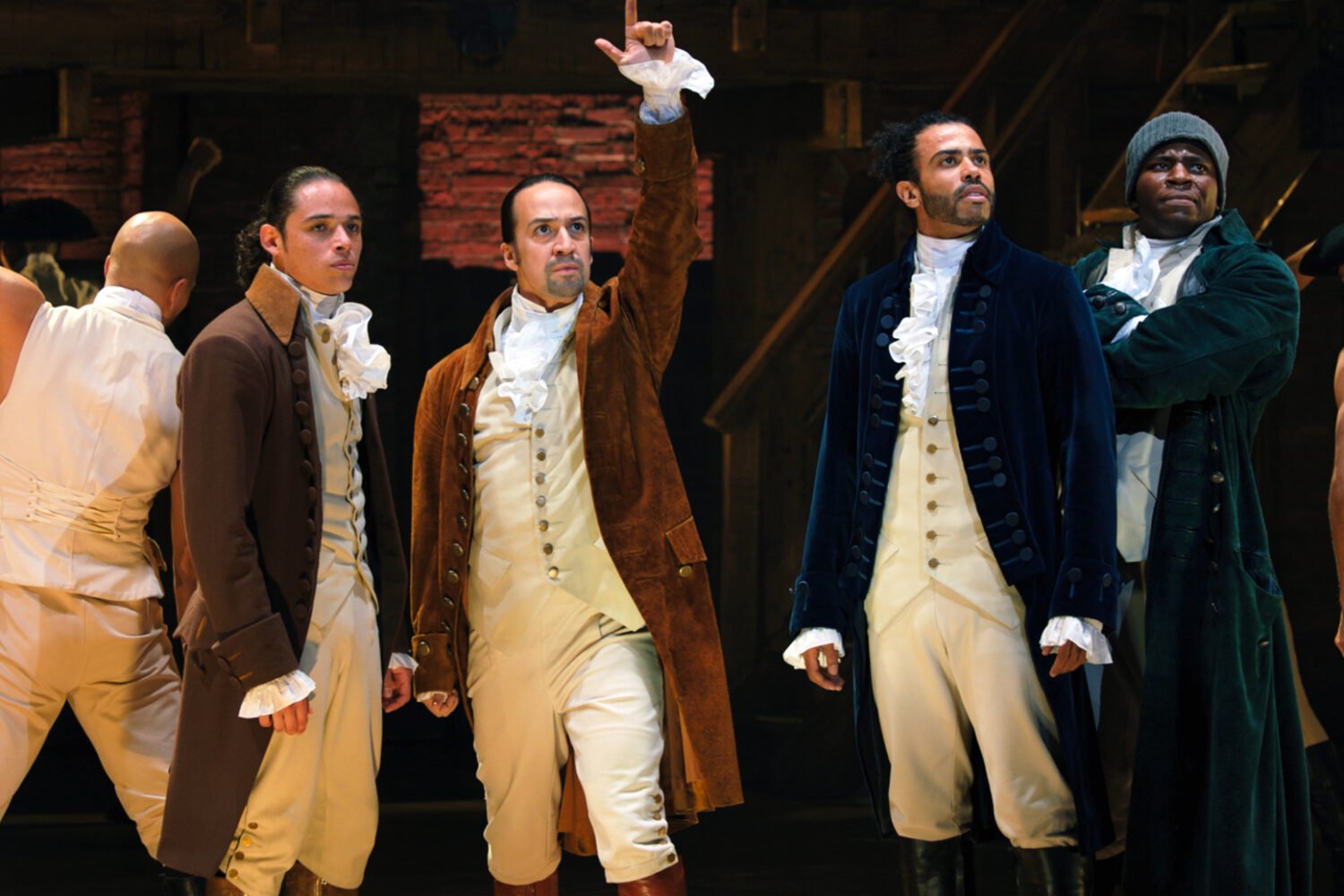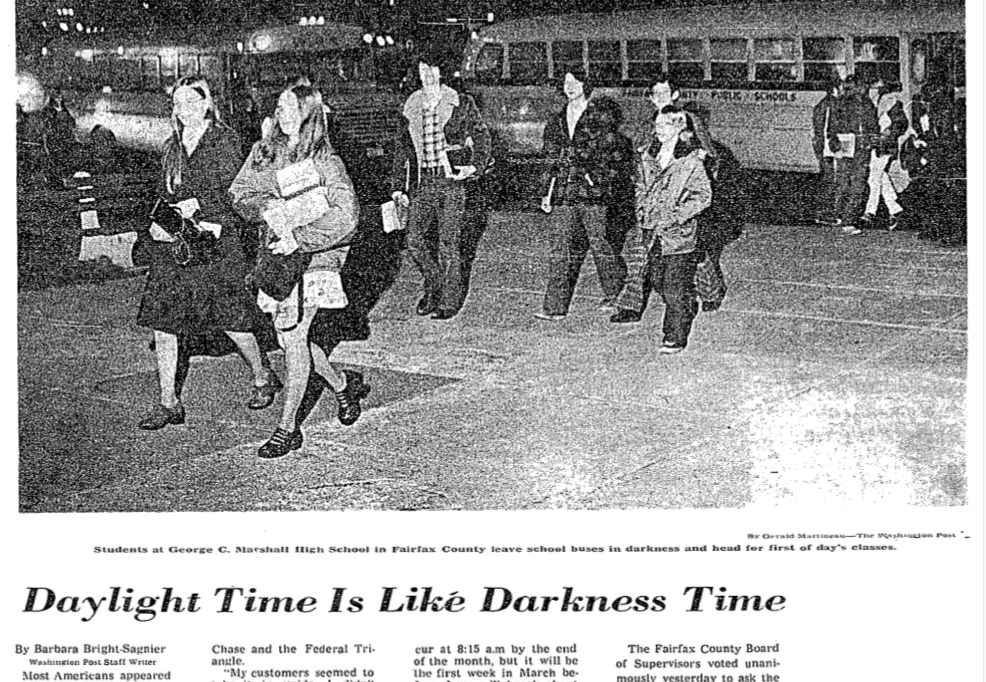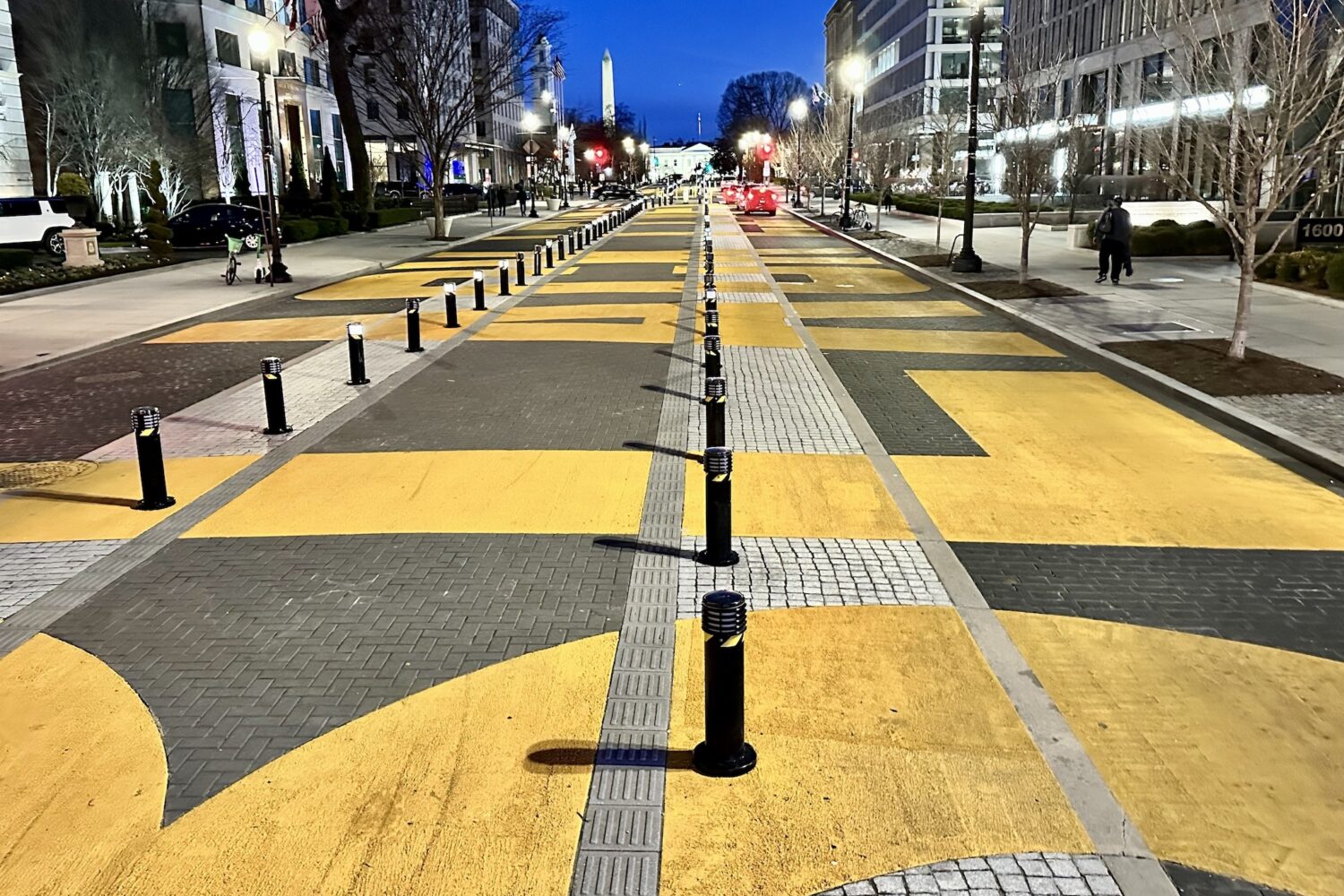Sage steele would be a rising star among sportscasters even if she were white and male, but she says growing up black and female did prepare her for life in the shark tank of television.
She skims back a dozen years to 1990, her senior year in high school. She recalls the day white boys surrounded her in the halls of Carmel High in suburban Indianapolis. "Nigger," they said to this daughter of a black Army officer and a white mother, "go back where you came from." She was the only African-American in a school of 2,000. A runner on the track team asked her, "Where do you keep your knife?"
"I was the black girl in the Beemer," she says. She thinks they must have figured her daddy was a drug dealer.
"My skin got real thick, real fast," she says. "Perfect for TV."
She was, in her words, "butt ugly" back then at age 16. She had to ask out her prom date. Now she's striking and willowy, a kind of Halle Berry on stilts. And she's a new mother. Quinn, born on May 23, is napping on her thighs.
"I cover million-dollar athletes who play games for a living," she says. "True, sports is my passion, but it doesn't compare to this. Look at my little piggy."
It was steele's certainty that she wanted to have a family that helped bring her to Washington. Two years ago she was living in Tampa with her husband, Jonathan Bailey. She was making $60,000 a year with Fox Sports Net, spending languid weekends fishing in Tampa Bay and being wooed to be one of four national reporters with the CNN/SI sports network when she got a call from Jim Cuddihy, a vice president of Comcast Sports. Philadelphia-based Comcast had just bought Washington's Home Team Sports cable channel and in April 2001 was in a panic to go on the air. It would broadcast Orioles baseball, Capitals hockey, and Wizards basketball. It needed an anchor to team with Chick Hernandez.
Steele said no. Cuddihy asked for a meeting and flew her up to the DC area. She recalls a crucial question: "Do you want kids?"
It was the first time a potential employer had asked. She was brought up in a strong family and hoped to have one herself. She still talks to her parents almost every day. She figured it was a deal breaker if she told the truth.
"Absolutely," she answered.
"Great," Cuddihy said. "That means you'll need to stick with this job. We'll pay you well. You'll need it."
Sage Steele went on the air here a few weeks later and began a rollicking year for local sports: Cal Ripken departed, Michael Jordan arrived, Dan Snyder bought high and lost big. Steele covered the Ravens' run to the playoffs.
"I had to do the NFL or I wouldn't have come here," she says. "I grew up on football."
Her father, gary steele, was the first african-american to play varsity football at West Point. Sage moved around the world with her parents and two younger brothers. She was shy and didn't come out of her shell until she reached her teens.
In Belgium, the family was able to get one American TV station. It usually was tuned to football. "I grew up in a male world," she says. "I may not throw a tight spiral, but I can name every player on the Dallas Cowboys. I loved sports but couldn't be great at sports. The second-best thing was to talk about it."
She graduated from Indiana University with a degree in broadcasting and landed a job producing and reporting with a TV station in South Bend. She begged to do sports. They sent her to interview Notre Dame football coach Lou Holtz. "I got him to do the Macarena on tape," she says. She sent that tape and others to the CBS affiliate in Indianapolis. It hired her to do weekend sports.
At 24, she was in the pits to cover the Indy 500 and on the floor to cover Pacers pro basketball, but her love was roaming the sidelines with the Colts. She had to wait tables to make ends meet on her $24,000 salary, and when the station wouldn't give her a raise, she more than doubled her pay with the move to Tampa.
As steele was leaving indiana, television sports was changing. Cable networks were starting shows. Local broadcast stations were shrinking sports coverage.
Comcast made its move into the DC area and began to offer a steady diet of regional sports coverage. Channel 9's Glenn Brenner was a fallen hero. Channel 4's George Michael became king. Sage Steele moved here a year ago, and she was back in July after a maternity leave, doing two half-hour shows an evening and working as the beat reporter covering the Ravens.
In person, Steele, 29, still comes off as a bit shy, though she has a sweet smile and natural warmth like Bob Costas. She has the juice to connect with viewers, not just because she looks great but because she knows her sports.
But she has the usual anchor's lament. She wants to do stories, like her piece about Redskins star LaVar Arrington's buying a house for his parents, or the gymnast in Tampa who worked her way back to the top after breaking her back.
Steele eventually could go toe-to-toe with the other female sportscasters: Lesley Visser of CBS, Hannah Storm of NBC, Robin Roberts of ABC and ESPN. But Steele says she is less and less interested in the money and fame of national broadcasting. Wiggling Quinn's toe in her Silver Spring home, she says: "I don't want that anymore." *

















